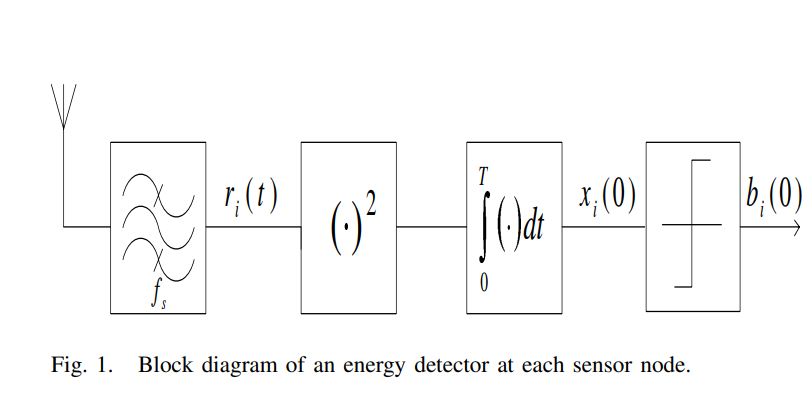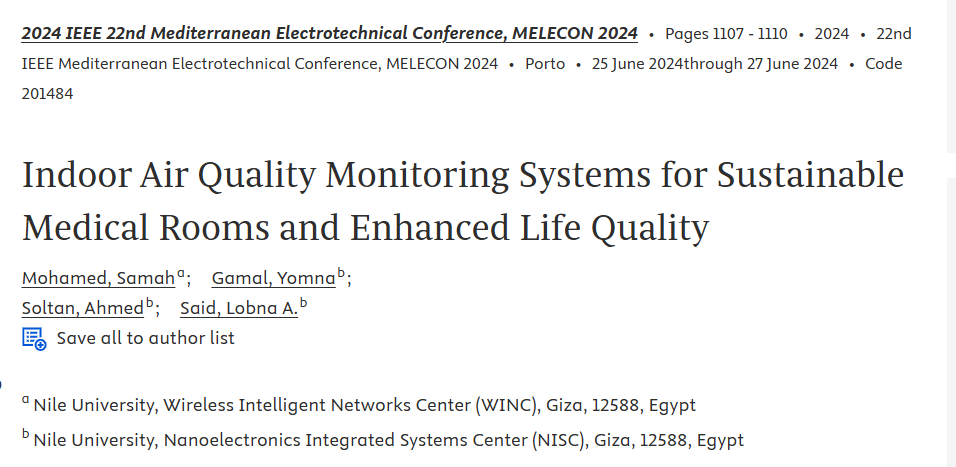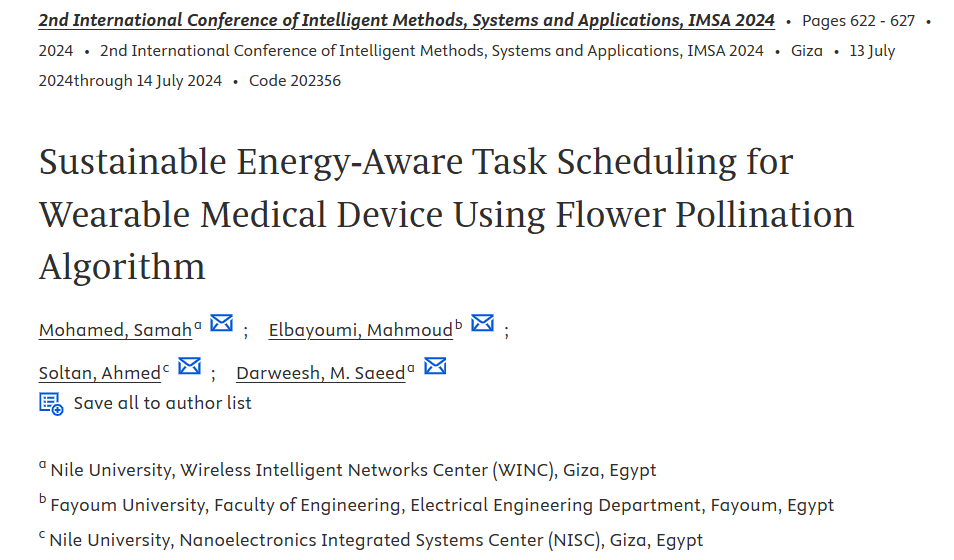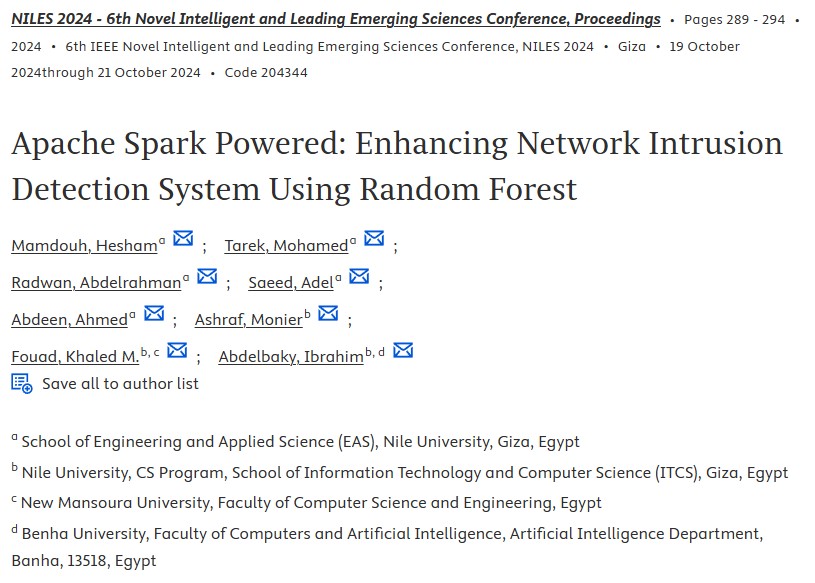
Censoring for improved sensing performance in infrastructure-less cognitive radio networks
Censoring has been proposed to be utilized in wireless distributed detection networks with a fusion center to enhance network performance in terms of error probability in addition to the well- established energy saving gains. In this paper, we further examine the employment of censoring in infrastructure-less cognitive radio networks, where nodes employ binary consensus algorithms to take global decisions regarding a binary hypothesis test without a fusion center to coordinate such a process. We show analytically - and verify by simulations - that censoring enhances the performance of such networks in terms of error probability and convergence times. Our protocol shows performance gains up to 46.6\% in terms of average error probability over its conventional counterpart, in addition to performance gains of about 48.7% in terms of average energy expenditure and savings up to 50% in incurred transmission overhead. © 2015 IEEE.



